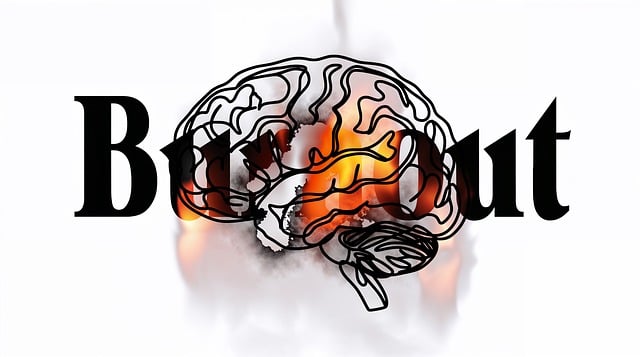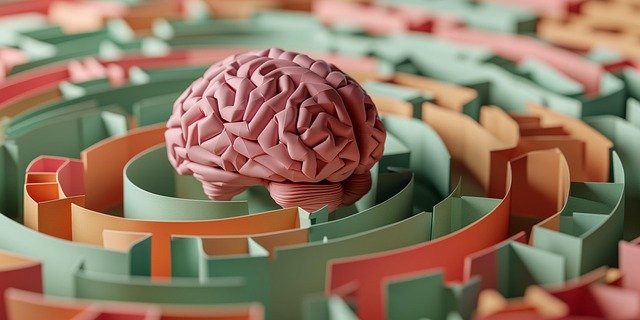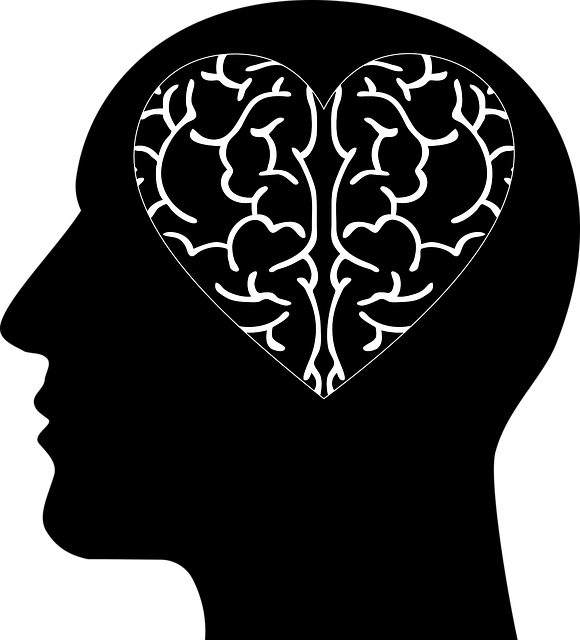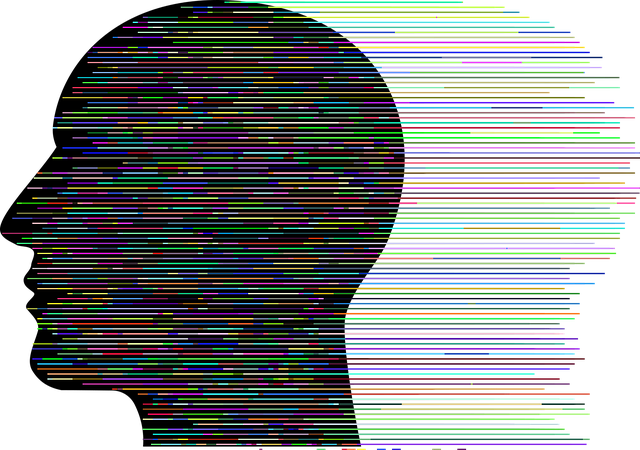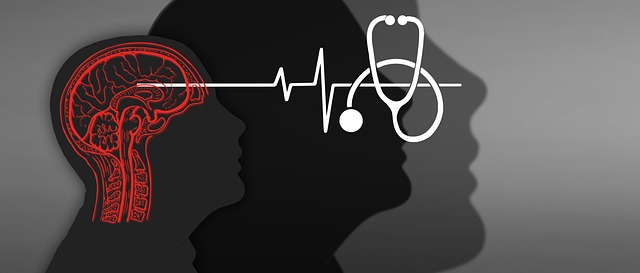Cultural competency is essential in healthcare, especially for elders from diverse backgrounds. Techniques like Exposure and Response Prevention (ERP) can be tailored to individual cultural contexts, enhancing therapeutic outcomes. Biases held by providers, rooted in stereotypes, negatively impact care, but strategies like active listening and culturally sensitive communication can improve interactions. Training programs that focus on cultural competency help mental health professionals adapt ERP and other techniques for diverse elderly patients, fostering stronger patient-provider relationships and improved health outcomes. Comprehensive training has proven effective in enhancing healthcare delivery and promoting positive mental wellness outcomes for older adults from various cultures.
In today’s diverse healthcare landscape, cultural competency is no longer an option—it’s a necessity. Understanding and addressing cultural differences in elderly patient care can significantly enhance quality of life and treatment outcomes. This article delves into essential components of healthcare provider training, focusing on unconscious biases, effective therapy techniques like Exposure and Response Prevention (ERP), and culturally sensitive communication strategies. By exploring real-world case studies, we highlight the transformative impact of comprehensive cultural competency programs in improving care for elderly patients from various backgrounds.
- Understanding Cultural Competency in Healthcare: A Necessity for Quality Care
- The Impact of Cultural Biases on Elderly Patients: Unconscious Stereotypes and Their Consequences
- Therapy for Elders: Exposure and Response Prevention (ERP) Techniques in a Diverse Setting
- Developing Culturally Sensitive Communication Strategies for Healthcare Providers
- Case Studies: Successful Implementation of Cultural Competency Training Programs
Understanding Cultural Competency in Healthcare: A Necessity for Quality Care

In the realm of healthcare, cultural competency is no longer a nice-to-have but a necessity for delivering quality care. It involves understanding and appreciating the diverse cultural backgrounds, beliefs, and values of patients, especially as our societies become increasingly multicultural. When healthcare providers are culturally competent, they can better communicate with patients, understand their unique needs, and provide personalized treatment plans. This is particularly crucial when serving older adults, who may have complex cultural identities shaped by their historical, ethnic, and religious backgrounds.
For example, in the context of therapy for elders, exposure and response prevention (ERP) techniques might be more effective when tailored to an individual’s cultural context. Social skills training and trauma support services that incorporate self-awareness exercises can help providers address intergenerational trauma and strengthen the therapeutic bond with patients from diverse backgrounds. By embracing cultural competency, healthcare professionals ensure that every patient receives respectful, sensitive, and ultimately, superior care.
The Impact of Cultural Biases on Elderly Patients: Unconscious Stereotypes and Their Consequences

Unconscious cultural biases held by healthcare providers can significantly impact their interactions with elderly patients, leading to miscommunication and potentially harmful outcomes. These biases, often rooted in stereotypes, can affect how care is delivered, from initial assessments to treatment plans. For instance, a provider might unconsciously associate aging with declining mental acuity, leading to reduced interaction or a failure to address the patient’s concerns adequately. Such attitudes can be particularly detrimental for elderly individuals who may already face social isolation and stigma.
The consequences of these biases are far-reaching. Elderly patients deserve care that is tailored to their unique needs and cultural contexts, as it fosters trust and improves treatment adherence. Empathy-building strategies, such as active listening and culturally sensitive communication techniques, can be powerful tools in therapy for elders. Mental health education programs designed with an awareness of diverse cultural perspectives can help healthcare providers recognize and challenge their own unconscious biases. Additionally, stress reduction methods tailored to the individual’s cultural background can enhance overall well-being and engagement in care.
Therapy for Elders: Exposure and Response Prevention (ERP) Techniques in a Diverse Setting

In the diverse healthcare landscape, providing culturally competent care for elders is paramount. One effective therapy for elderly patients is Exposure and Response Prevention (ERP), a technique rooted in cognitive-behavioral therapy. ERP involves gradual exposure to feared situations or objects while preventing avoidance behaviors, helping individuals confront and overcome their anxiety. In a multicultural setting, healthcare providers must adapt this approach to respect and incorporate each elder’s cultural context and beliefs, ensuring the therapy remains relevant and effective.
For instance, when working with elders from different ethnic backgrounds, mental health professionals should conduct a thorough risk assessment, factoring in cultural factors that might influence mental health. This includes understanding the individual’s background, family dynamics, and any specific cultural practices or taboos related to mental health. Incorporating these insights into the treatment plan can enhance therapeutic outcomes while fostering a sense of comfort and trust for the elder. Furthermore, encouraging elders to develop a robust self-care routine tailored to their cultural preferences and promoting coping skills development can significantly contribute to their overall well-being.
Developing Culturally Sensitive Communication Strategies for Healthcare Providers

In today’s diverse healthcare landscape, developing culturally sensitive communication strategies is paramount for providers to offer effective care. Healthcare provider cultural competency training equips professionals with the skills to understand and navigate the unique needs and perspectives of patients from different backgrounds. This involves learning about various cultural beliefs, values, and practices that may influence healthcare decisions and interactions. For example, in working with elderly patients, therapists might adapt their approach using therapeutic techniques like Exposure and Response Prevention (ERP) to address specific fears or anxiety related to cultural norms surrounding aging.
By fostering culturally competent communication, providers can build stronger relationships with patients, enhance trust, and improve health outcomes. This involves active listening, asking open-ended questions, and being mindful of nonverbal cues. Moreover, recognizing and respecting individual differences in emotional healing processes allows for tailored interventions that boost patient confidence and encourage participation in their own care journeys. Effective communication strategies not only benefit patients but also enrich the professional experiences of healthcare providers.
Case Studies: Successful Implementation of Cultural Competency Training Programs

Successful implementation of cultural competency training programs has shown significant benefits in various healthcare settings. For instance, a case study focusing on an urban community highlighted how targeted training for mental health professionals improved their interactions with culturally diverse older adults. By incorporating techniques such as Exposure and Response Prevention (ERP) therapy, the program effectively enhanced these providers’ ability to address specific mental health concerns within different cultural contexts. This not only improved patient outcomes but also fostered a more inclusive and respectful environment.
Another notable initiative involved developing Mental Wellness Coaching Programs tailored to diverse populations. This approach, integrated with Risk Management Planning for Mental Health Professionals, demonstrated reduced instances of miscommunication and increased client satisfaction. The training emphasized the importance of cultural sensitivity in mental healthcare practice, ensuring professionals were equipped to handle a wide array of challenges arising from cultural differences. These case studies underscore the transformative potential of comprehensive cultural competency training in enhancing healthcare delivery and promoting positive mental wellness outcomes.
Cultural competency training is a game-changer in healthcare, especially when tailored for elderly patients. By addressing unconscious biases and implementing strategies like Exposure and Response Prevention (ERP) techniques, providers can significantly improve care quality. The case studies presented demonstrate that comprehensive cultural sensitivity training fosters inclusive environments, leading to better patient outcomes. Empowering healthcare professionals with the skills to navigate diverse cultural contexts ensures a more respectful and effective therapeutic approach for elders from various backgrounds, ultimately enhancing overall well-being.




